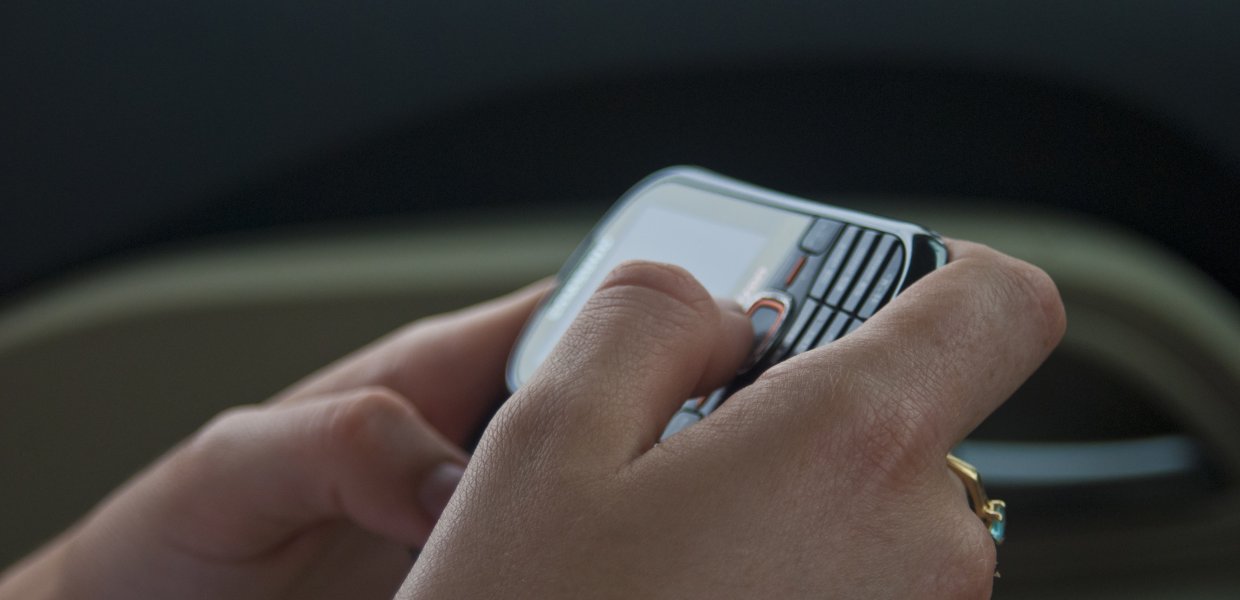Confide, the app brought to fame recently for its role in the Trump White House has been found to have serious issues with its encryption technology, jeopardizing the sensitive content it was designed to protect. The app is designed to preserve sensitive communication including messages, videos, pictures and voice notes through encryption and immediate deletion.
Having used the app a bit since it hit national headlines last week, I can say that it certainly seems to do the job it is designed to do. Once messages are received, the user can read them by revealing each word or piece of a picture individually. After it is viewed and the user closes the message it is deleted, and cannot be recovered.
The user experience is quite intuitive, receiving reviews as the Snapchat for business. Naturally, Confide’s primary goal is to protect communication, and can therefore be somewhat inefficient when compared to traditional messaging platforms. For example, threads are not possible and each message must be opened and then deleted individually—this can make carrying full conversations on the app quite difficult.
Now, all this becomes quite irrelevant if the platform cannot be trusted to fulfill its primary function—protecting secret communication. Reports this week indicate that professional hackers identified “weaknesses” in the encryption tools used by the app, possibly exposing user communication and identity. IOActive—the security consultancy responsible for uncovering these issues—noted 11 separate issues with Confide’s platform—all of which Confide has reportedly addressed.
This case has really made me personally question the privacy of technology—an application designed and marketed as on the cutting edge of privacy failed its users and potentially exposed extremely sensitive information.
Today an increasing number of interactions take place digitally and can be recorded and archived. It is imperative that those who engage in digital communication understand the platforms they are utilizing and are always cautious when handling sensitive information.
Flickr / Photo by Kenneth Buker.









